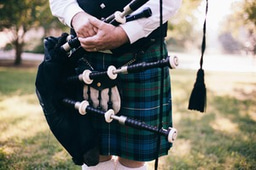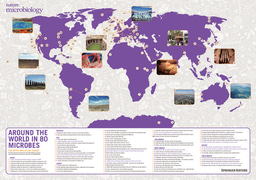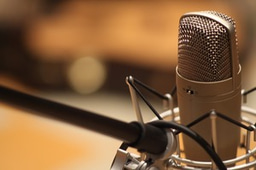
I was delighted to see in the news today that my ‘bad’ habits as a child, such as sucking my thumb and biting my nails, may actually have helped me to stay free from ‘allergies’ such as asthma and hay fever later in life.
Many of us will be familiar with the ‘hygiene hypothesis’, which proposes that exposure to infectious agents early in life help to build up a child’s immune system, thereby reducing sensitivity to allergic diseases such as asthma and hay fever. This was first proposed by David Strachan in 1989, so has been around as an idea for almost as long as I have!
This week, writing in Pediatrics, Lynch et al have provided renewed support for this hypothesis, finding that children who frequently sucked their thumb or bit their nails had a lower risk of developing ‘atopic sensitisation’ (or allergic reaction) when they were 13 and 32 years old, and that both habits had a synergistic effect. The authors’ suggested reason for this? Microorganisms, of course! These ‘bad’ habits likely increase a child’s exposure to environmental microorganisms, with subsequently positive long-term impacts on the developing immune response.
Does this mean these habits should be encouraged? The authors suggest not (there are, of course, still lots of ‘nasties’ waiting to be gobbled up by toddlers sucking their thumbs), but I’m sure these findings will give some comfort when we are battling with children’s desire to put their fingers in their mouths! It’s ok, it’s good for the immune system.





Please sign in or register for FREE
If you are a registered user on Research Communities by Springer Nature, please sign in